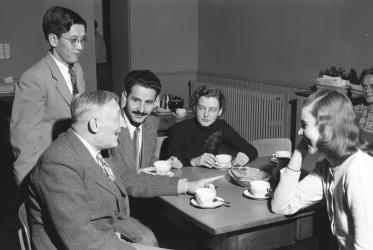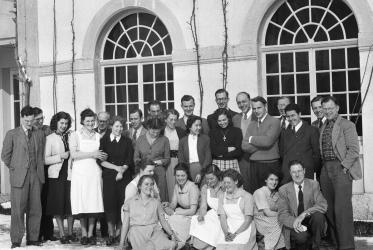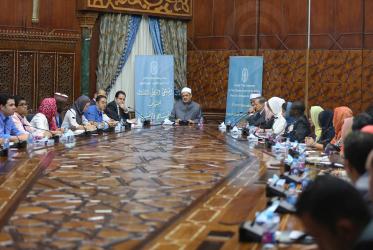Displaying 121 - 140 of 215
26 January 2017
Plans for 2017 decided by WCC Executive Committee
01 December 2016
What does ‘prudence’ mean for dialogue and peace-building?
16 November 2016
Grand Imam calls for collaboration against violence and poverty
06 October 2016
WCC welcomes Grand Imam of Al-Azhar
01 October 2016
Bossey anniversary commemorates 70 years of heartfelt dialogue
28 September 2016
WCC’s Bossey institute celebrates 70 years with array of events
23 September 2016
Religious leaders of many faiths talk peace in Assisi
21 September 2016
WCC general secretary reflects on peace in Palestine and Israel
20 September 2016
Bossey students celebrate graduation
23 August 2016
Seminar will address youth engagement, religion and violence
19 August 2016
Hielke Wolters: Apostle of mission strategies
01 August 2016
Religion: Way of war or path to peace?
30 June 2016












